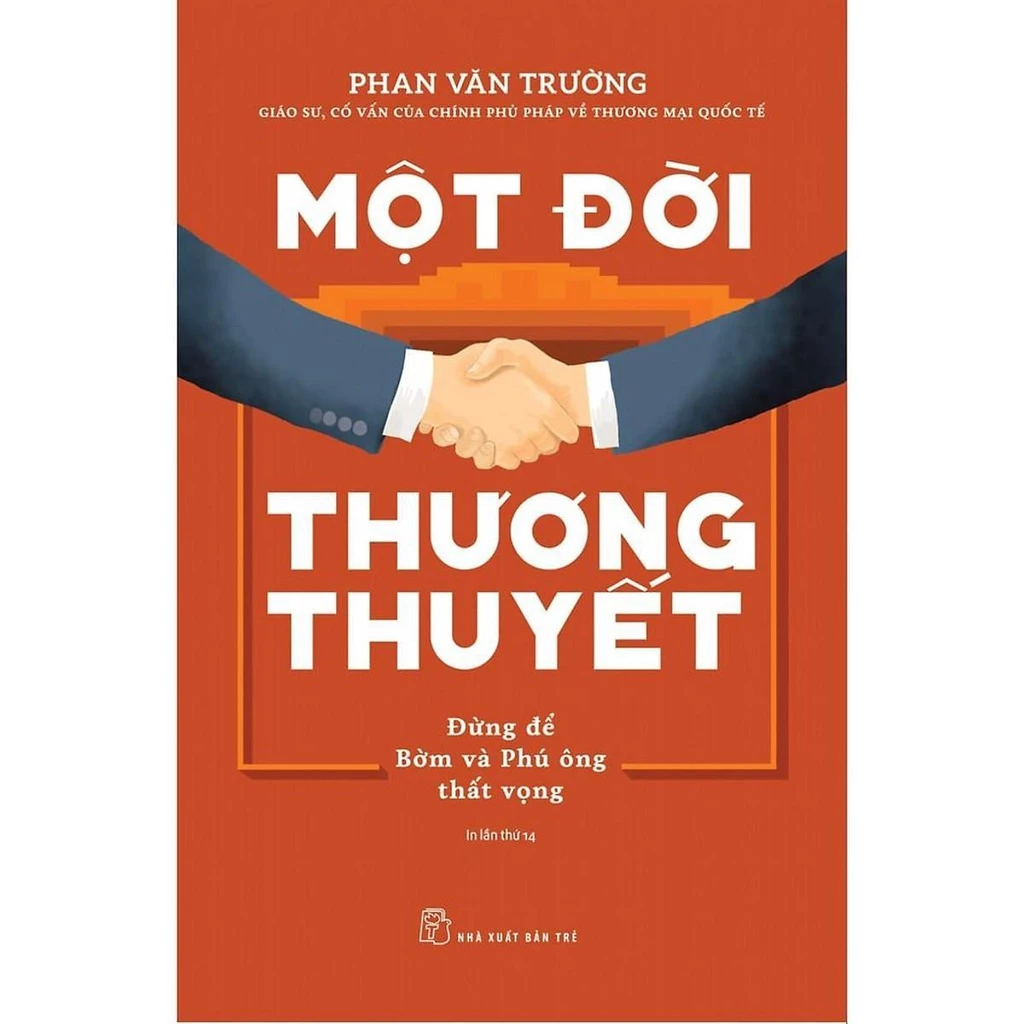Chủ nghĩa duy danh
Chủ nghĩa duy danh là một quan điểm siêu hình trong triết học theo đó những thuật ngữ phổ quát và trừu tượng và các tiên đề (hay mệnh đề vị ngữ) tồn tại, trong khi cái phổ quát hay những vật trừu tượng, thì không.[1][2] Có ít nhất hai phiên bản chính của Chủ nghĩa duy danh. Một phiên bản từ chối sự tồn tại của cái phổ quát-tức những thứ có thể tạo mẫu cho những thứ cụ thể (ví dụ, tính người, sức mạnh). Một phiên bản khác phủ nhận một cách cụ thể sự tồn tại của những vật trừu tượng-những vật không tồn tại trong không thời gian.[3]. Chủ nghĩa duy danh có thể tìm thấy nguồn gốc trong triết học Platon, đối lập với Chủ nghĩa duy thực-quan niệm rằng tồn tại cái phổ quát bên trên và bên ngoài cái cụ thể. Tuy nhiên, thuật ngữ duy danh (chẳng hạn tiếng Anh là nominalism) bắt nguồn từ tiếng Latin nomen (tên gọi) chỉ có từ thời Trung Cổ với Roscellinus.
Chú thích
[sửa | sửa mã nguồn]- ^ Nominalism, Stanford Encyclopedia of Philosophy
- ^ Mill (1872); Bigelow (1998).
- ^ Rodriguez-Pereyra (2008)
Tham khảo và đọc thêm
[sửa | sửa mã nguồn]- Adams, Marilyn McCord. William of Ockham (2 volumes) Notre Dame, IN: Notre Dame University Press, 1987.
- American Heritage Dictionary of the English Language, Fourth Edition, 2000.
- Bacon, John (2008). "Tropes", The Stanford Encyclopedia of Philosophy, Edward N. Zalta (ed.). (link)
- Borges, Jorge Luis (1960). "De las alegorías a las novelas" in Otras inquisiciones (pg 153-56).
- Burgess, John (1983). Why I am not a nominalist. Notre Dame J. Formal Logic 24, no. 1, 93–105.
- Burgess, John & Rosen, Gideon. (1997). A Subject with no Object. Princeton University Press.
- Courtenay, William J. Adam Wodeham: An Introduction to His Life and Writings, Leiden: E. J. Brill, 1978.
- Feibleman, James K. (1962). "Nominalism" in Dictionary of Philosophy, Dagobert D. Runes (ed.). Totowa, NJ: Littlefield, Adams, & Co. (link)
- Goodman, Nelson (1977) The Structure of Appearance, 3rd ed. Kluwer.
- Hacking, Ian (1999). The Social Construction of What?, Harvard University Press.
- Karin Usadi Katz and Mikhail G. Katz (2011) A Burgessian Critique of Nominalistic Tendencies in Contemporary Mathematics and its Historiography. Foundations of Science. doi:10.1007/s10699-011-9223-1 See link[liên kết hỏng]
- Klima, Gyula (2008). "The Medieval Problem of Universals", The Stanford Encyclopedia of Philosophy, Edward N. Zalta (ed.). (link)
- MacLeod, M. & Rubenstein, E. (2006). "Universals", The Internet Encyclopedia of Philosophy, J. Fieser & B. Dowden (eds.). (link)
- Mill, J. S., (1872). An Examination of William Hamilton's Philosophy, 4th ed., Chapter XVII Lưu trữ ngày 22 tháng 2 năm 2011 tại Wayback Machine.
- Oberman, Heiko. The Harvest of Medieval Theology: Gabriel Biel and Late Medieval Nominalism, Grand Rapids, MI: Baker Academic, 2001.
- Penner, T. (1987). The Ascent from Nominalism, D. Reidel Publishing.
- Peters, F. (1967). Greek Philosophical Terms, New York University Press.
- Porter, R. (2006). The Health Ethics Typology: Six Domains to Improve Care. Socratic Publishing. ISBN 0-9786699-0-8
- Price, H. H. (1953). "Universals and Resemblance", Ch. 1 of Thinking and Experience, Hutchinson's University Library.
- Quine, W. V. O. (1961). "On What There is," in From a Logical Point of View, 2nd/ed. N.Y: Harper and Row.
- Quine, W. V. O. (1969). Set Theory and Its Logic, 2nd ed. Harvard University Press. (Ch. 1 includes the classic treatment of virtual sets and relations, a nominalist alternative to set theory.)
- Robson, John Adam, Wyclif and the Oxford Schools: The Relation of the "Summa de Ente" to Scholastic Debates at Oxford in the Late Fourteenth Century, Cambridge, England: Cambridge University Press, 1961.
- Rodriguez-Pereyra, Gonzalo (2008). "Nominalism in Metaphysics", The Stanford Encyclopedia of Philosophy, Edward N. Zalta (ed.). (link)
- Utz, Richard, "Literary Nominalism." Oxford Dictionary of the Middle Ages. Ed. Robert E. Bjork. Oxford: Oxford University Press, 2010. Vol. III, p. 1000.
- Russell, Bertrand (1912). "The World of Universals," in The Problems of Philosophy, Oxford University Press.
- Williams, D. C. (1953). "On the Elements of Being", Review of Metaphysics, vol. 17.
Liên kết ngoài
[sửa | sửa mã nguồn]- Nominalism, Realism, Conceptualism, from The Catholic Encyclopedia.
- Rose, Burgess: Nominalism Reconsidered in The Oxford handbook of philosophy of mathematics and logic
- Nominalism in Metaphysics from The Stanford Encyclopedia of Philosophy
- Richard Utz and Terry Barakat, "Medieval Nominalism and the Literary Questions: Selected Studies." Perspicuitas
 GIẢM
42%
GIẢM
42%
 GIẢM
35%
GIẢM
35%
 GIẢM
22%
GIẢM
22%
 GIẢM
48%
GIẢM
48%

![[Review sách] Những giấc mơ ở hiệu sách Morisaki - Chốn bình yên gắn kết tâm hồn đồng điệu](https://down-tx-vn.img.susercontent.com/edd27e656c28712031d4105f97d6d801.webp)



